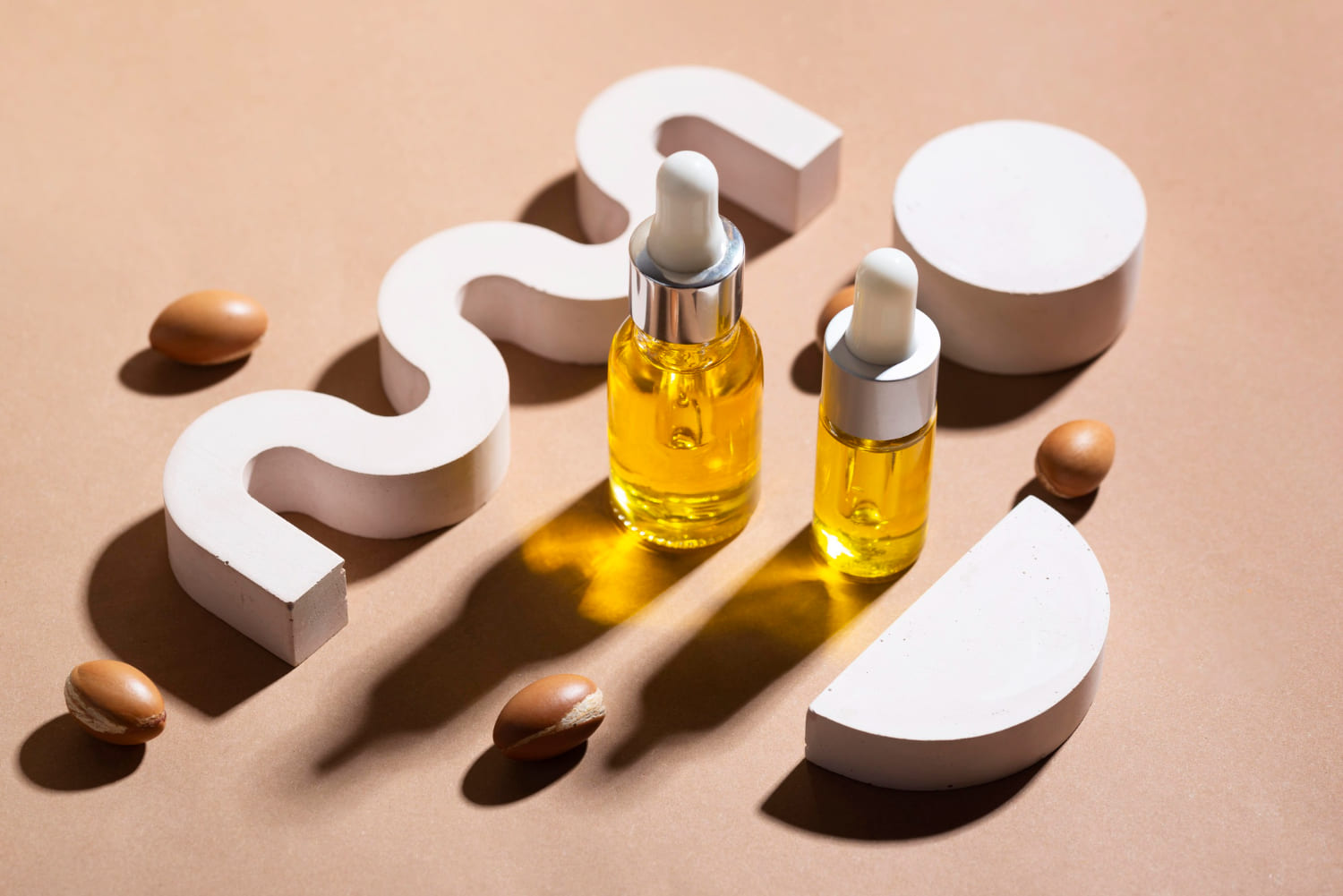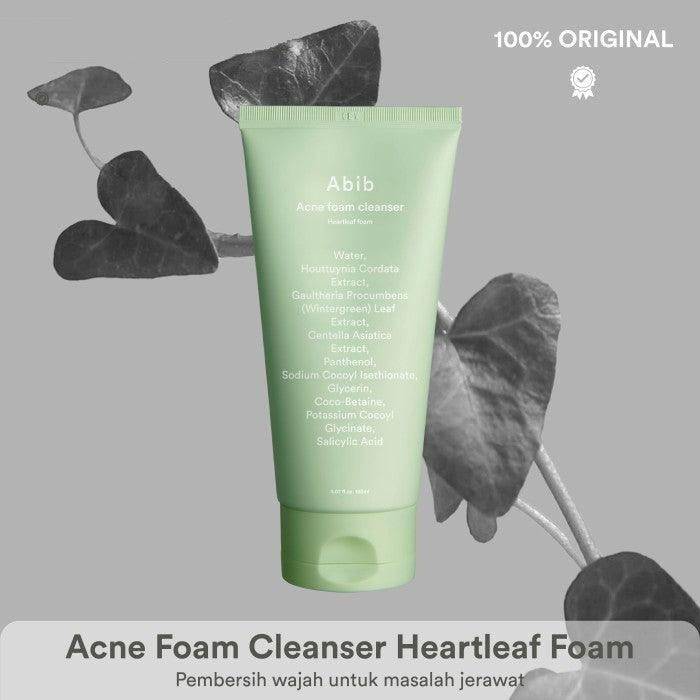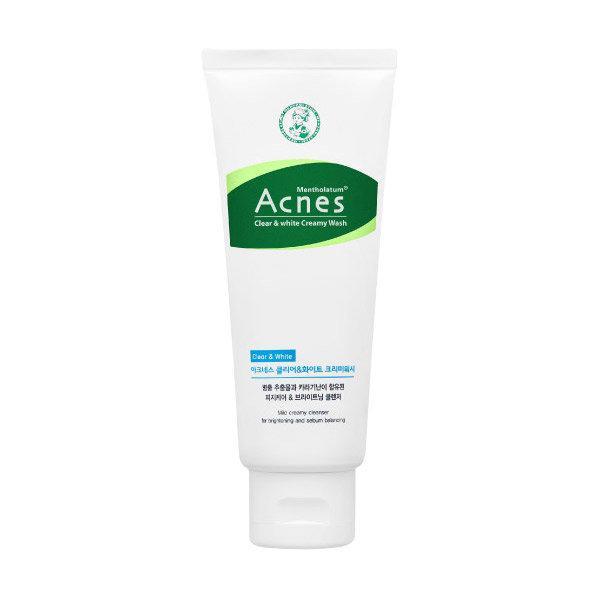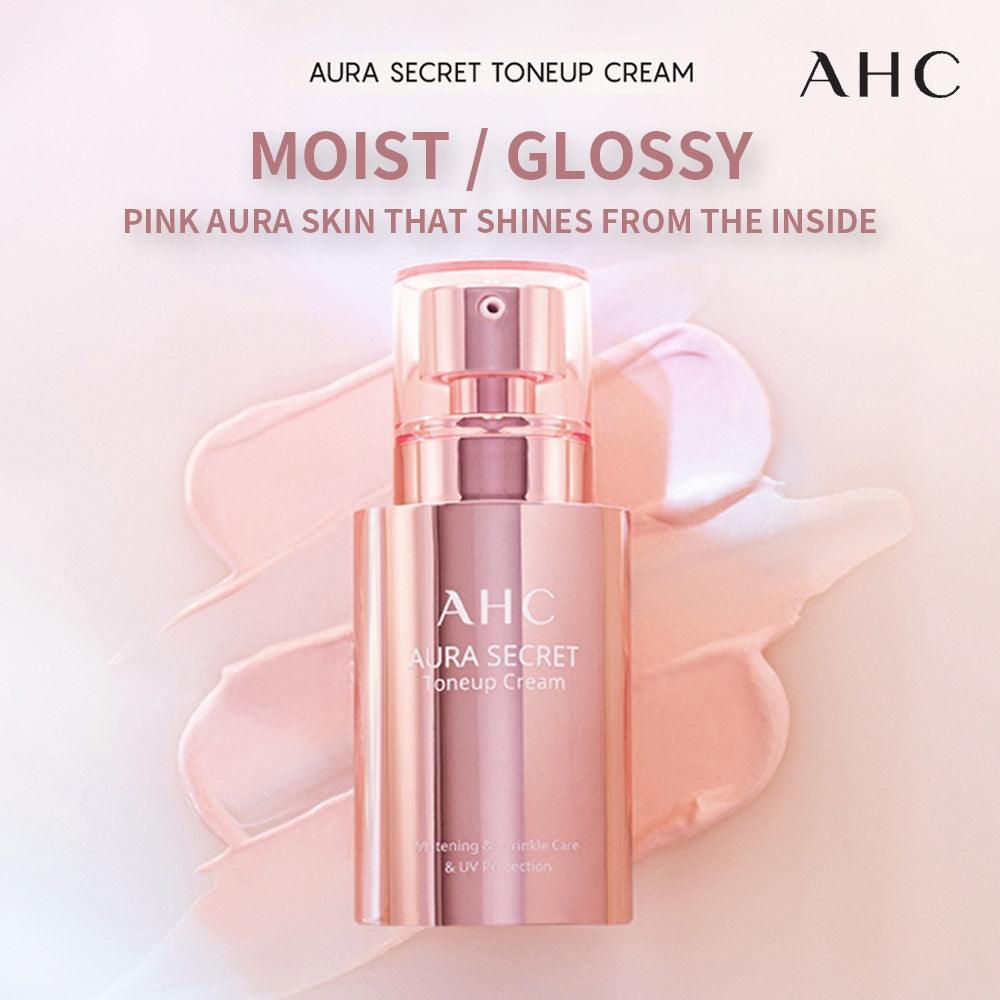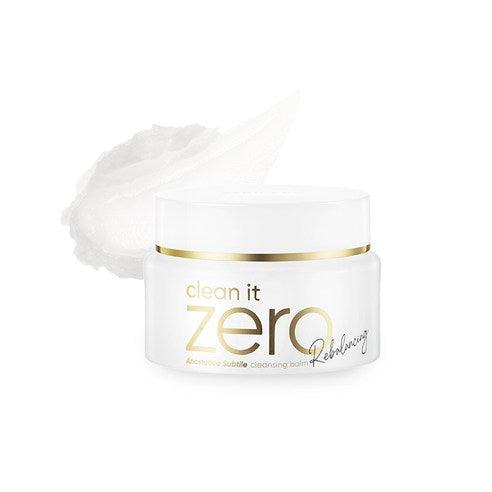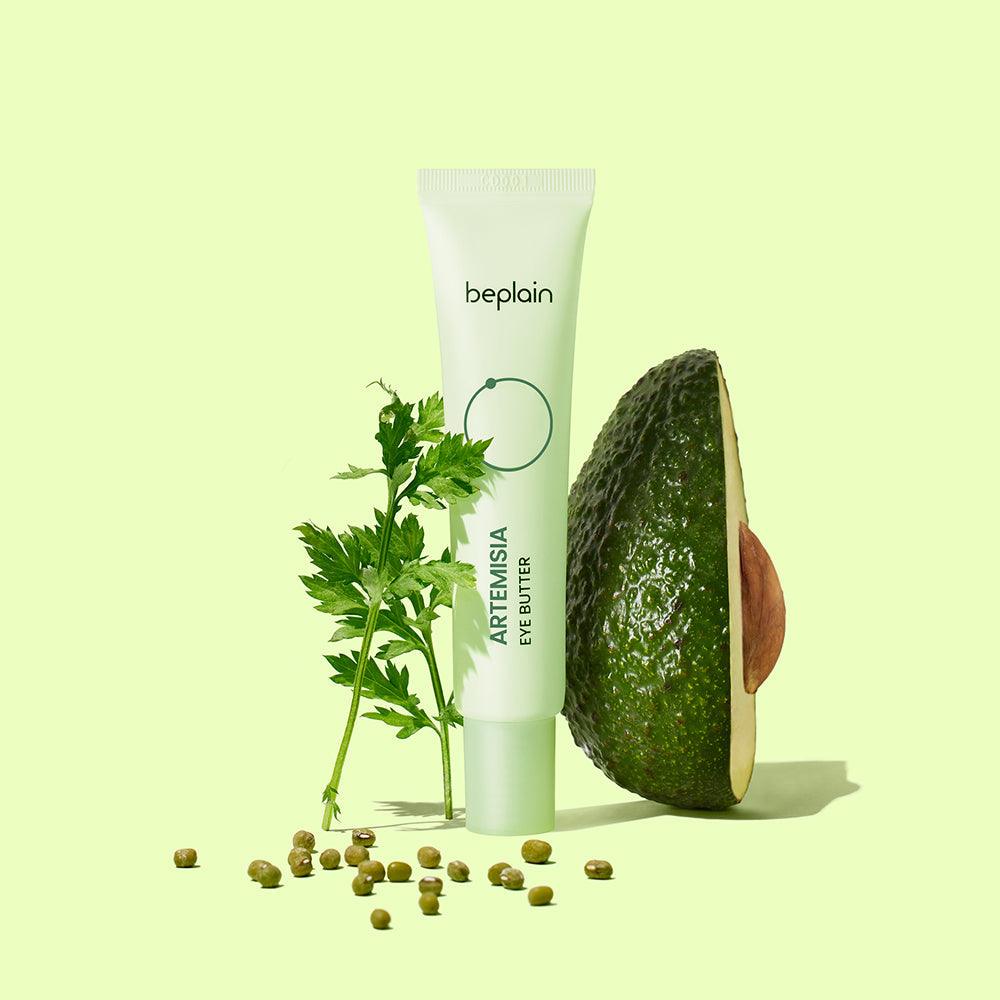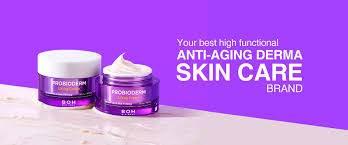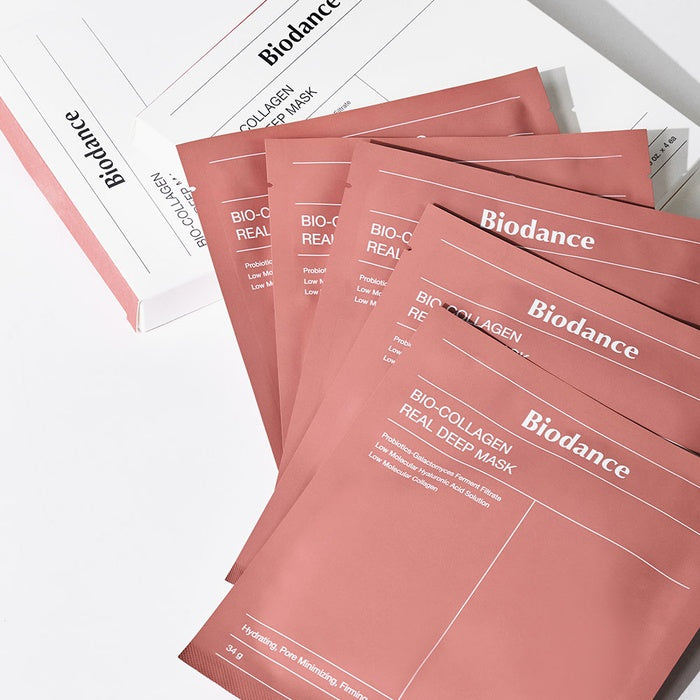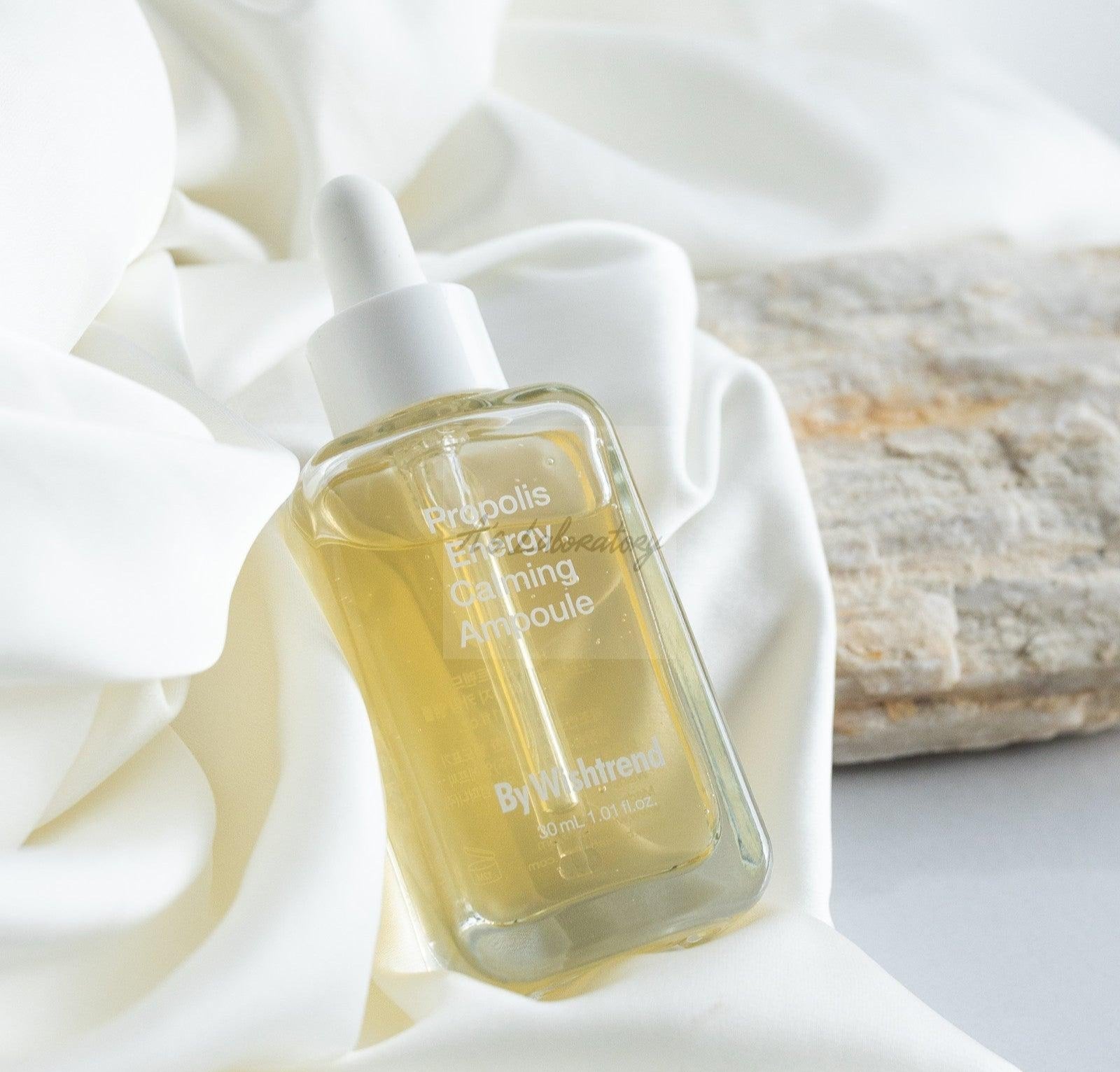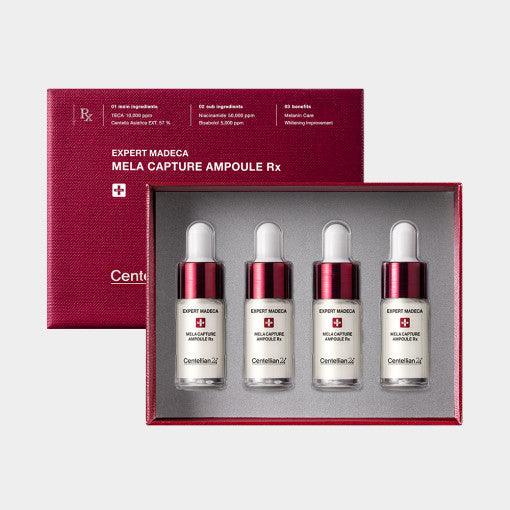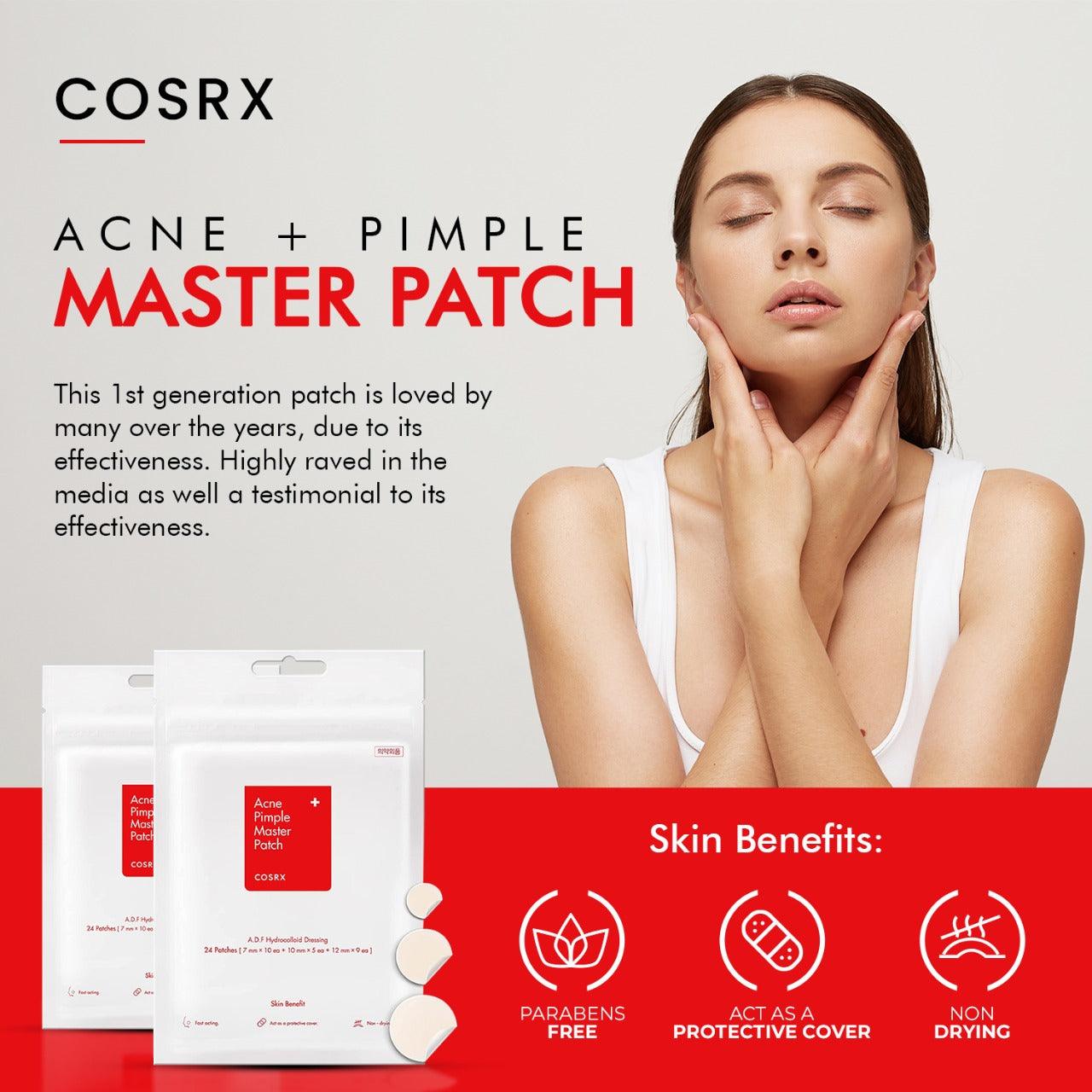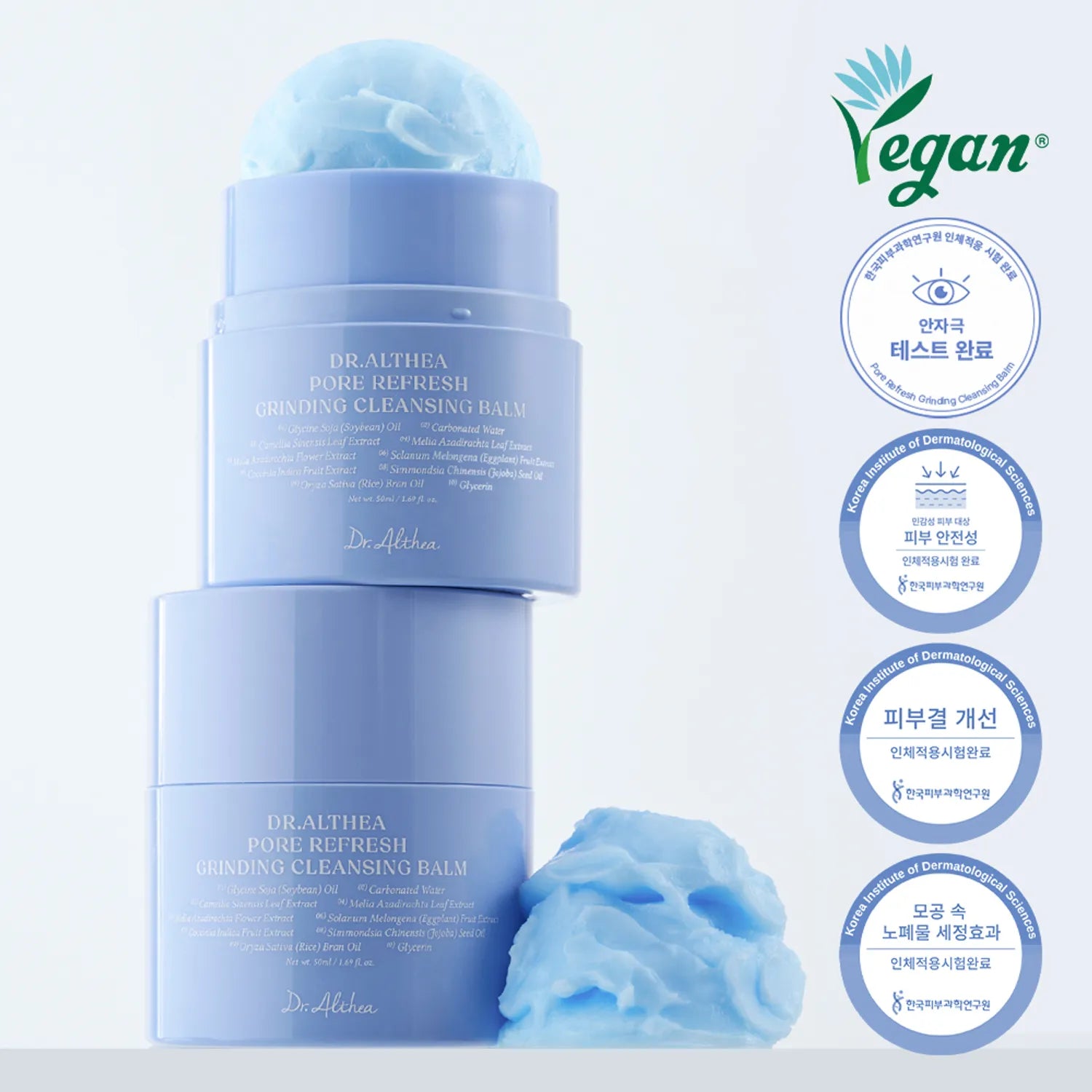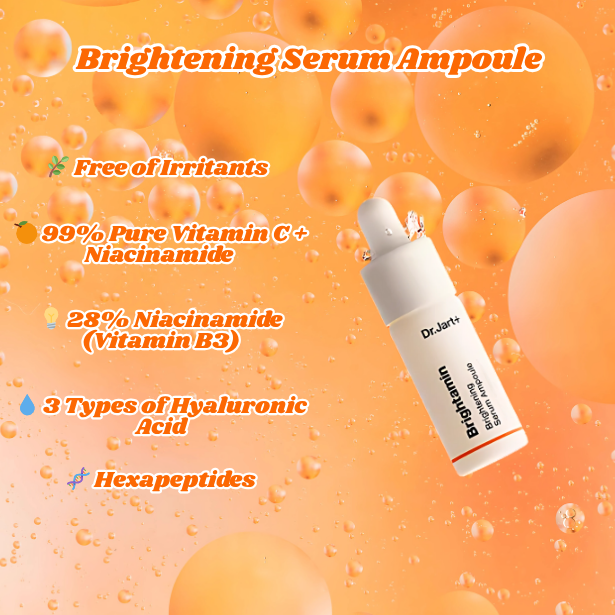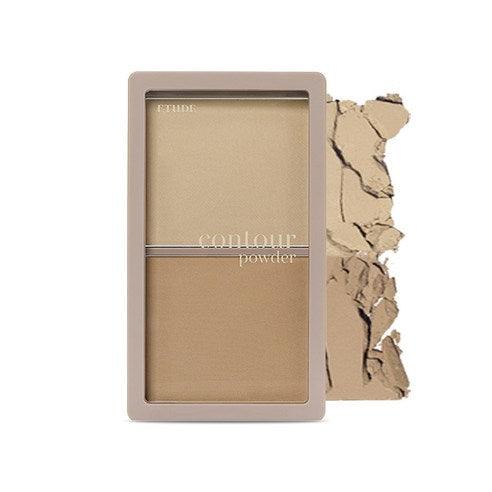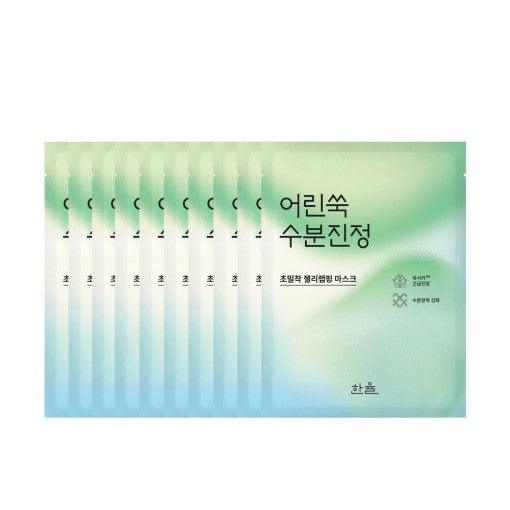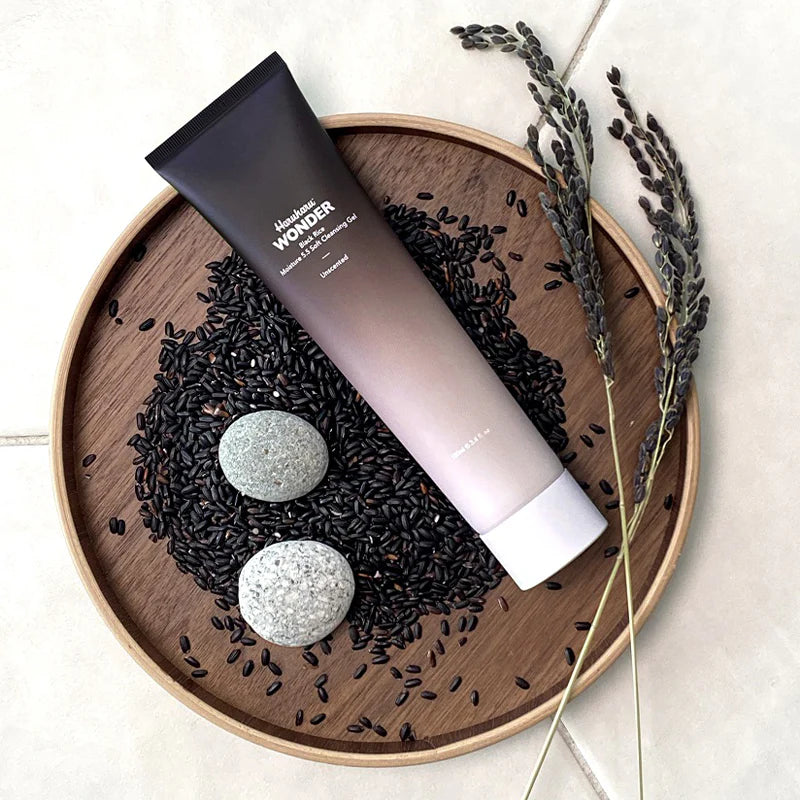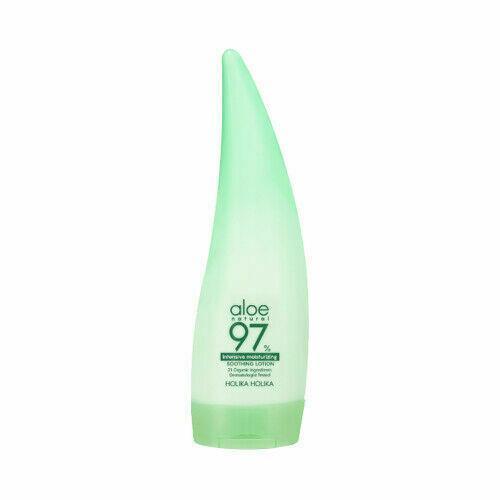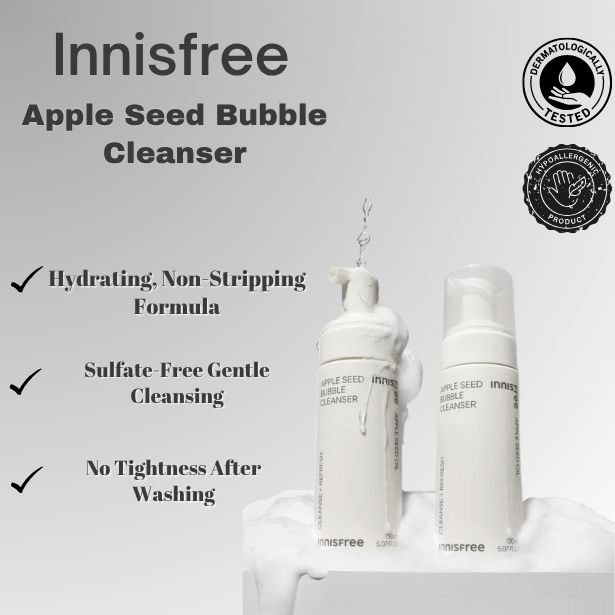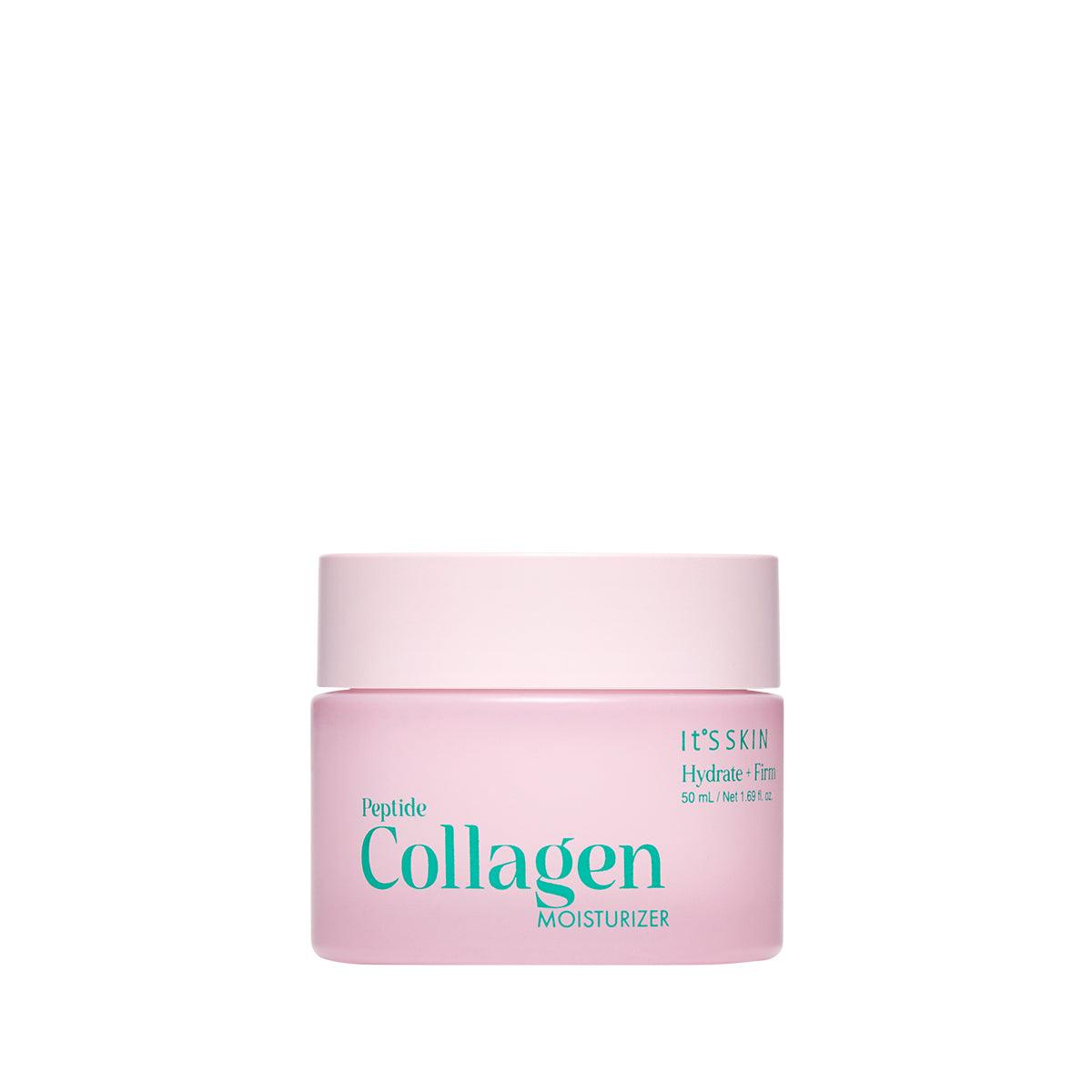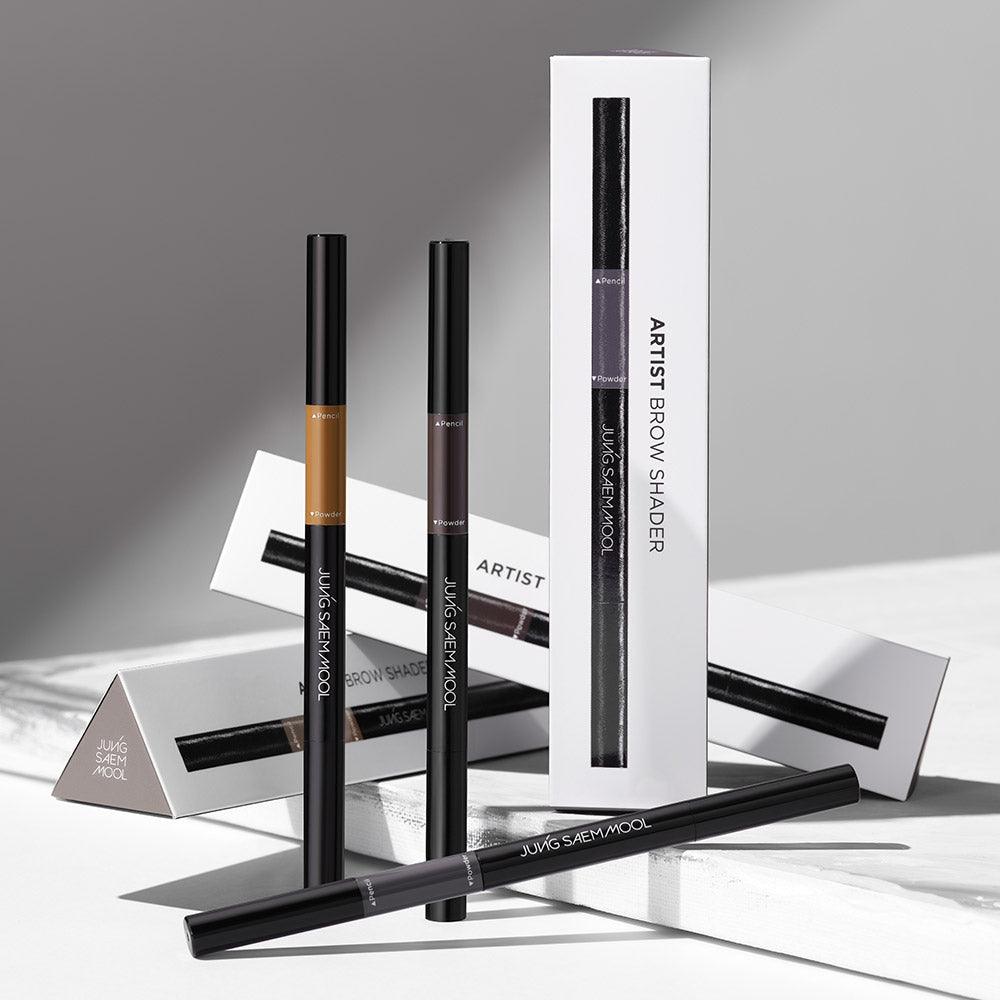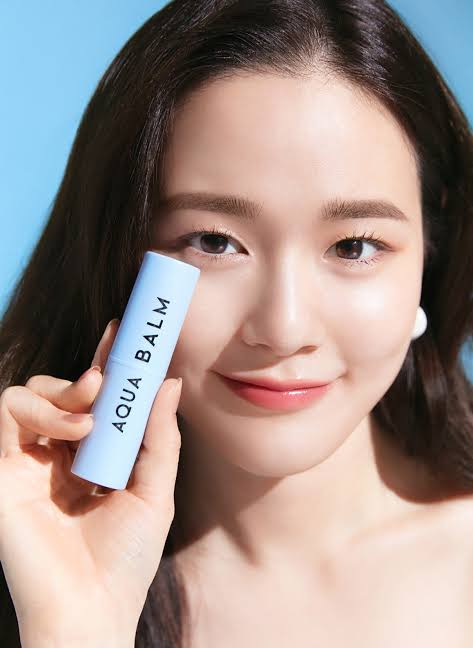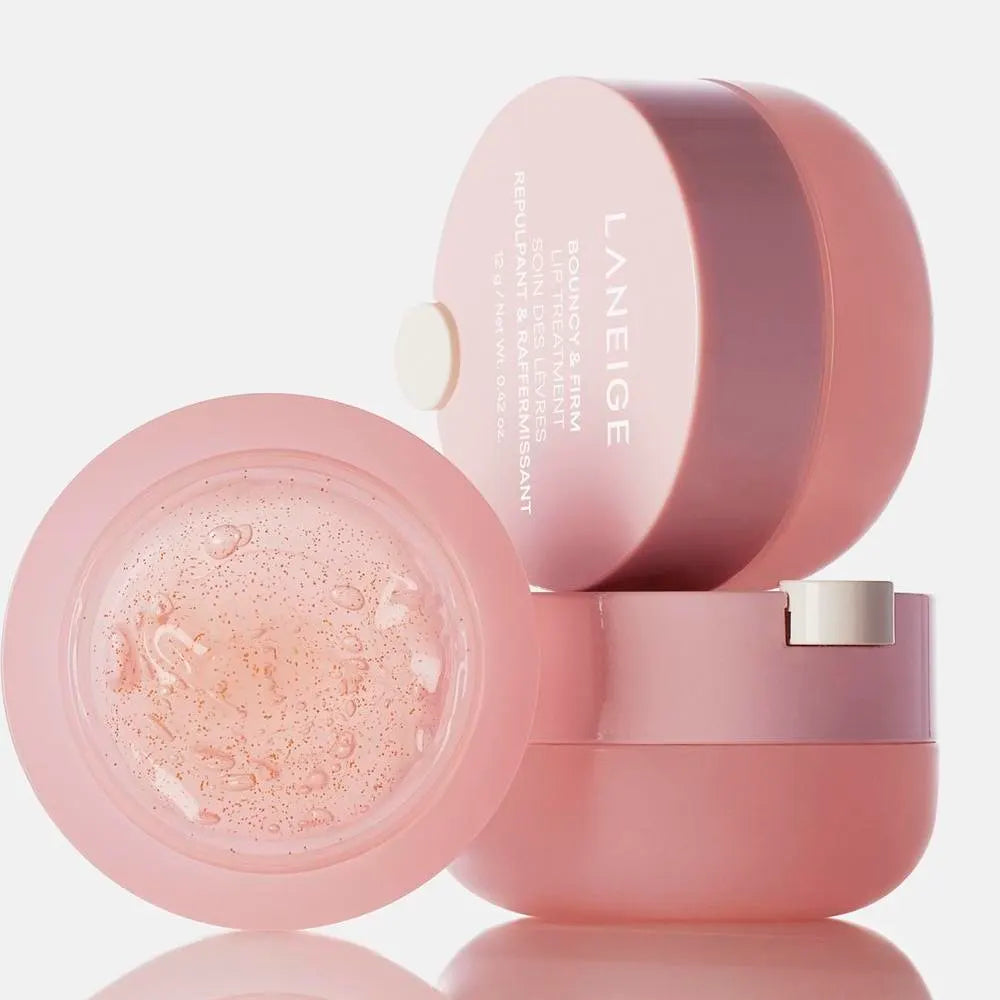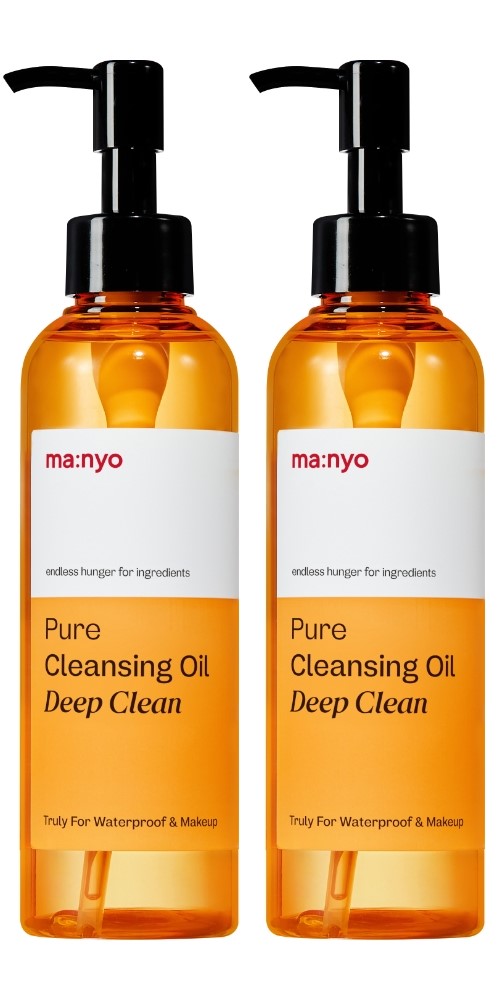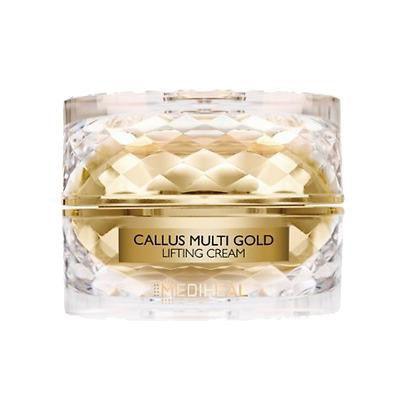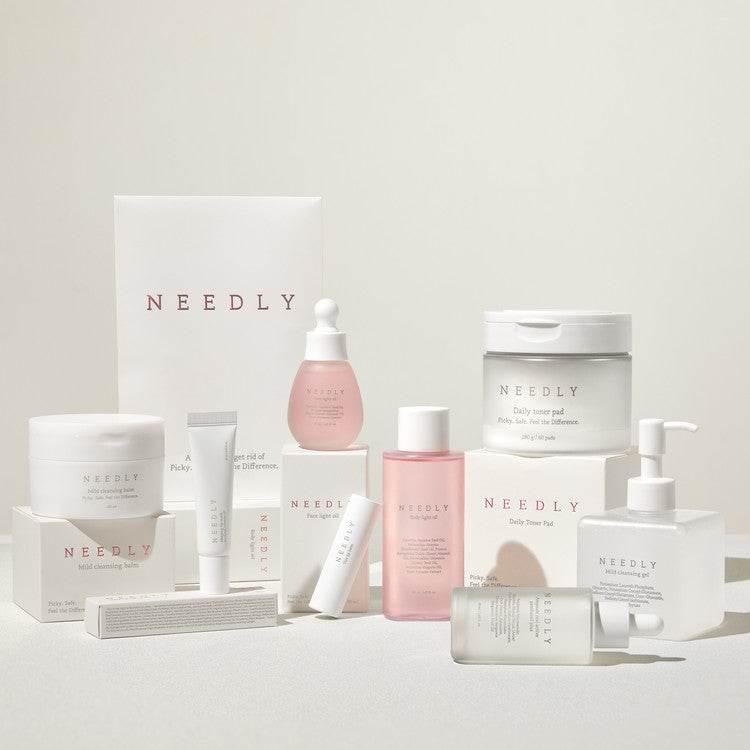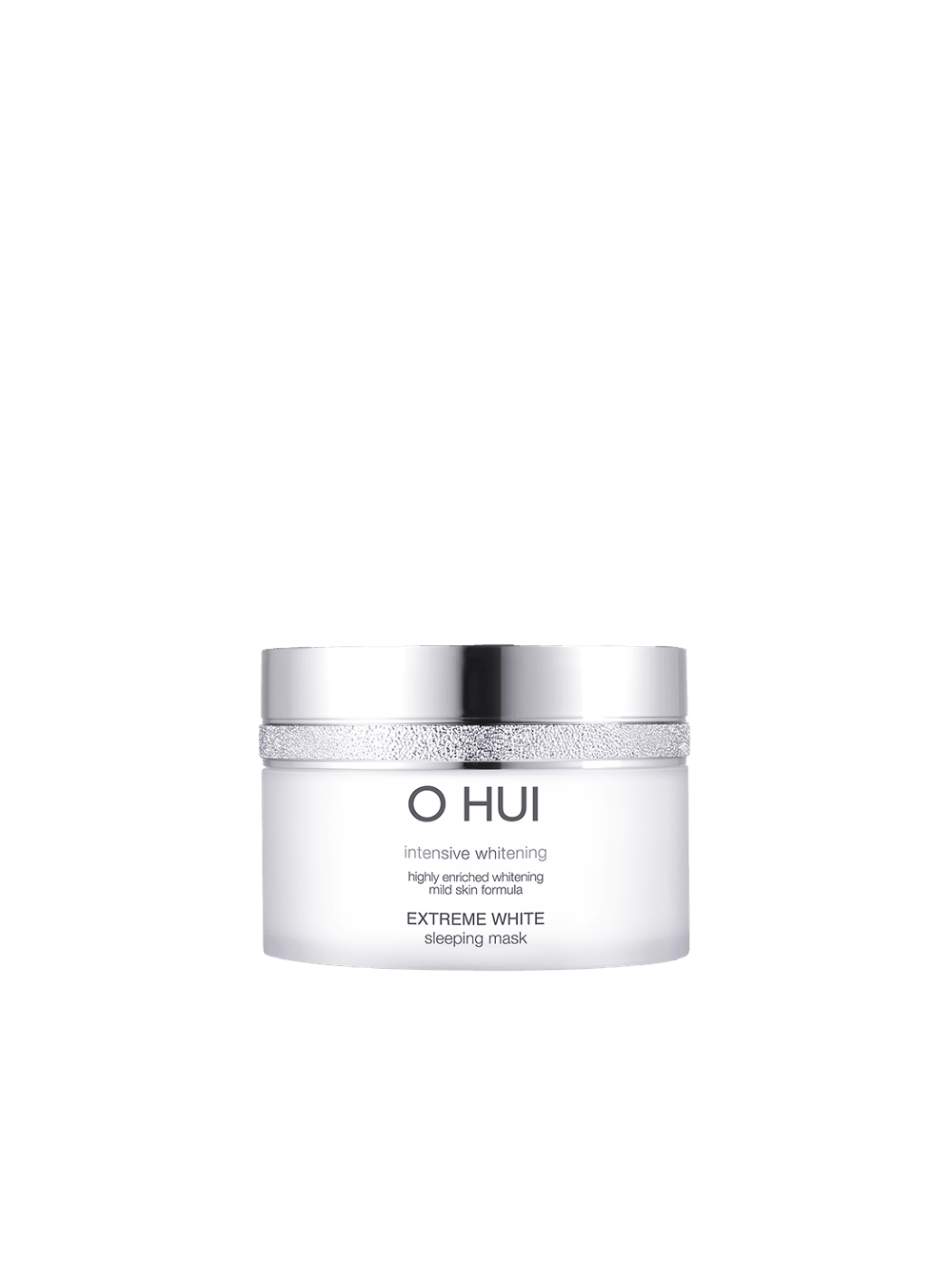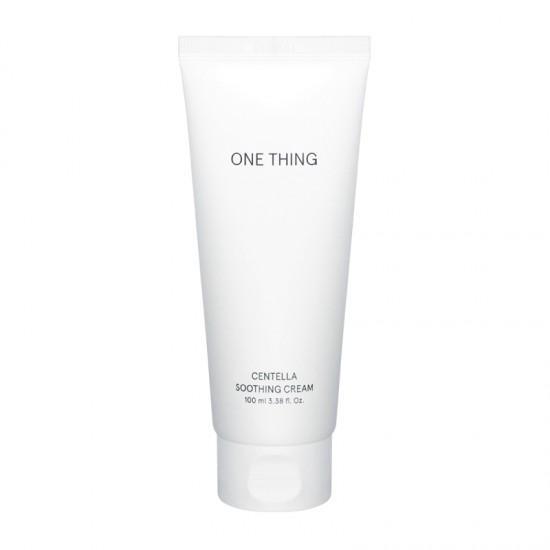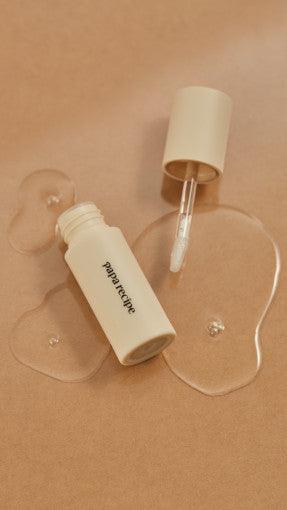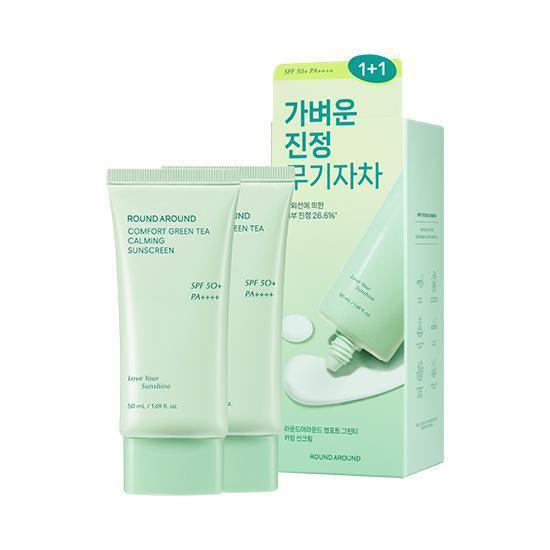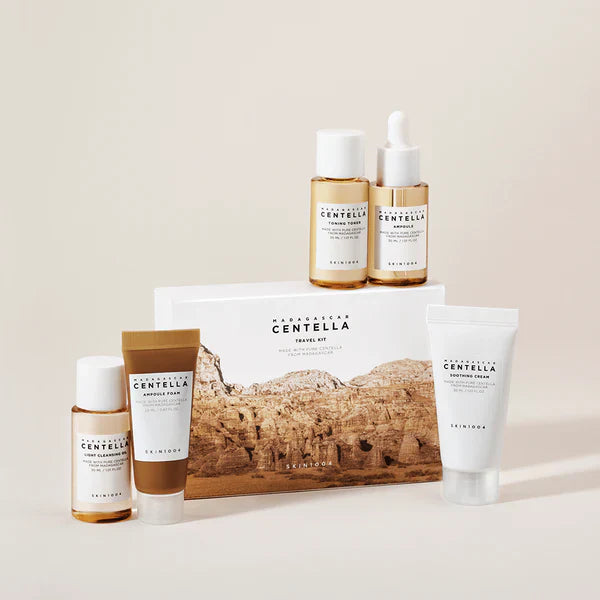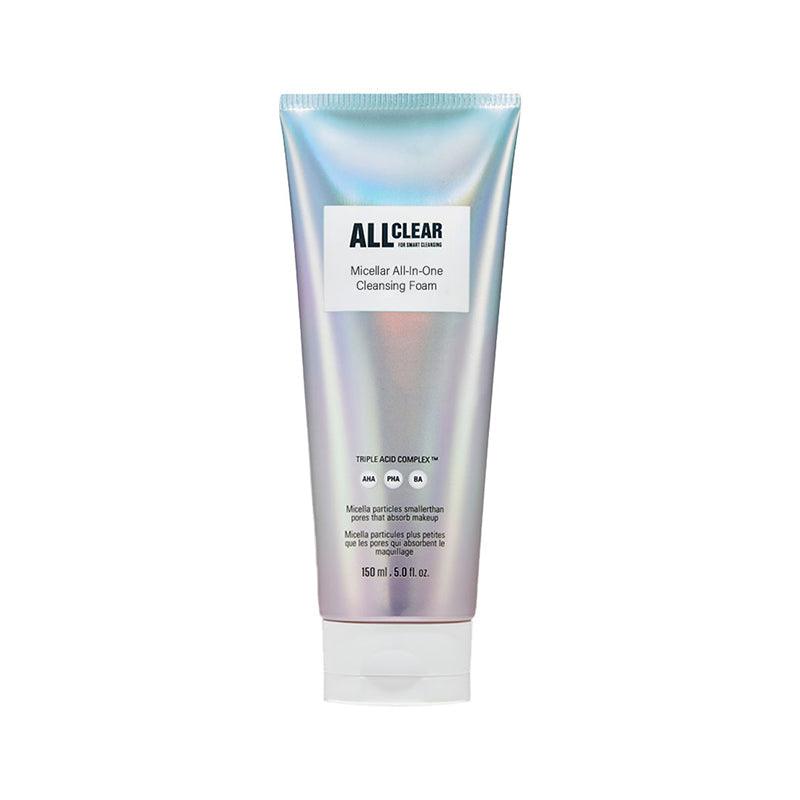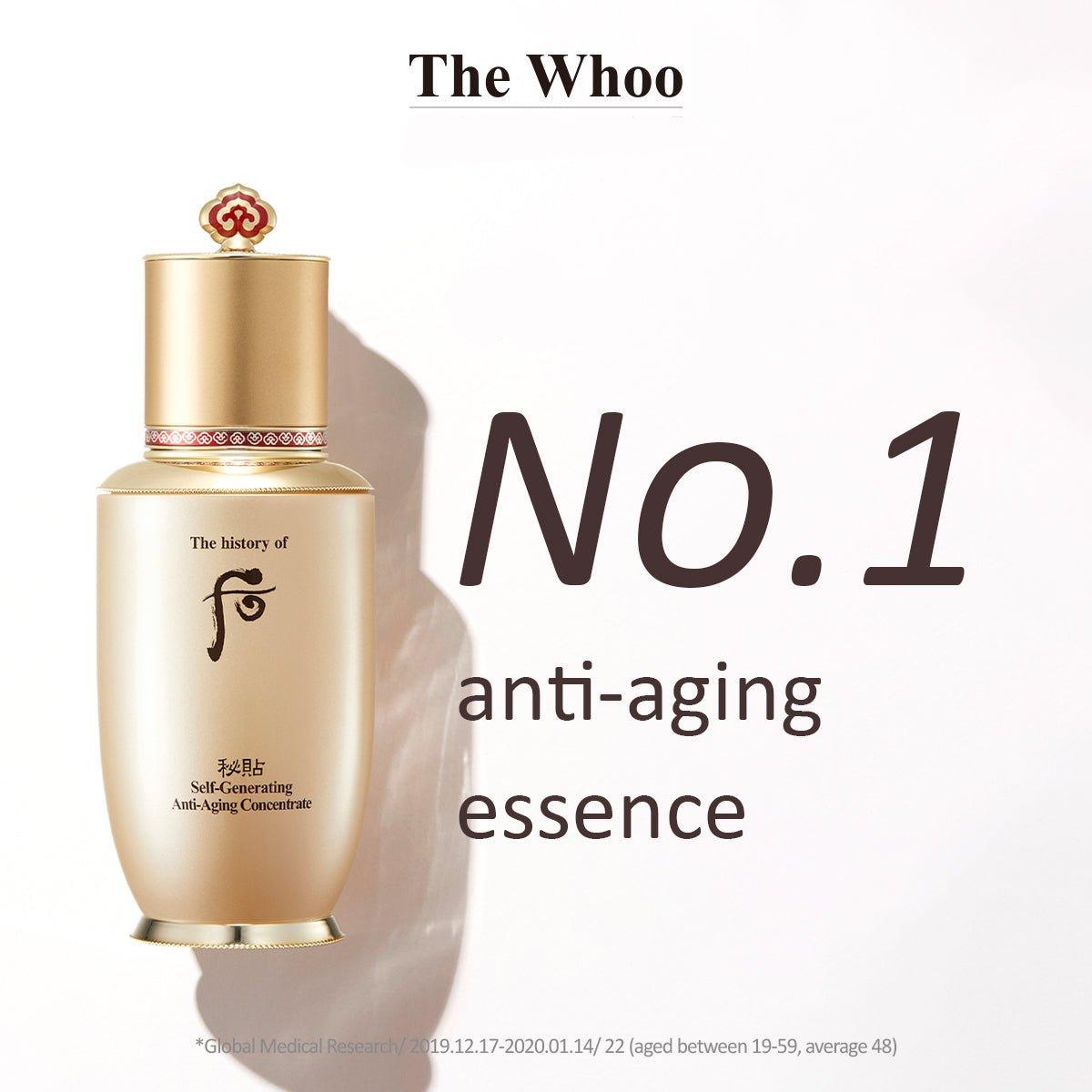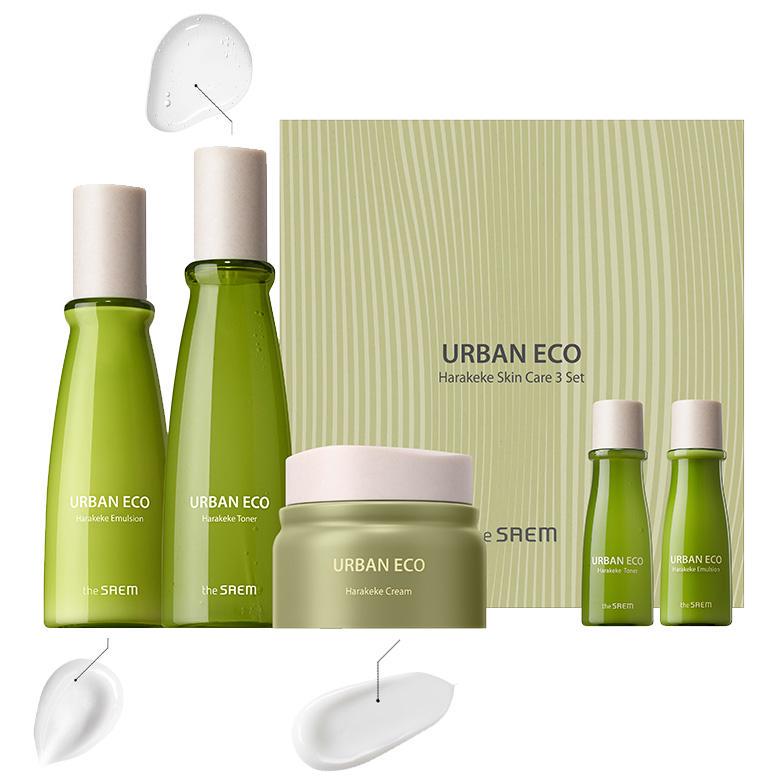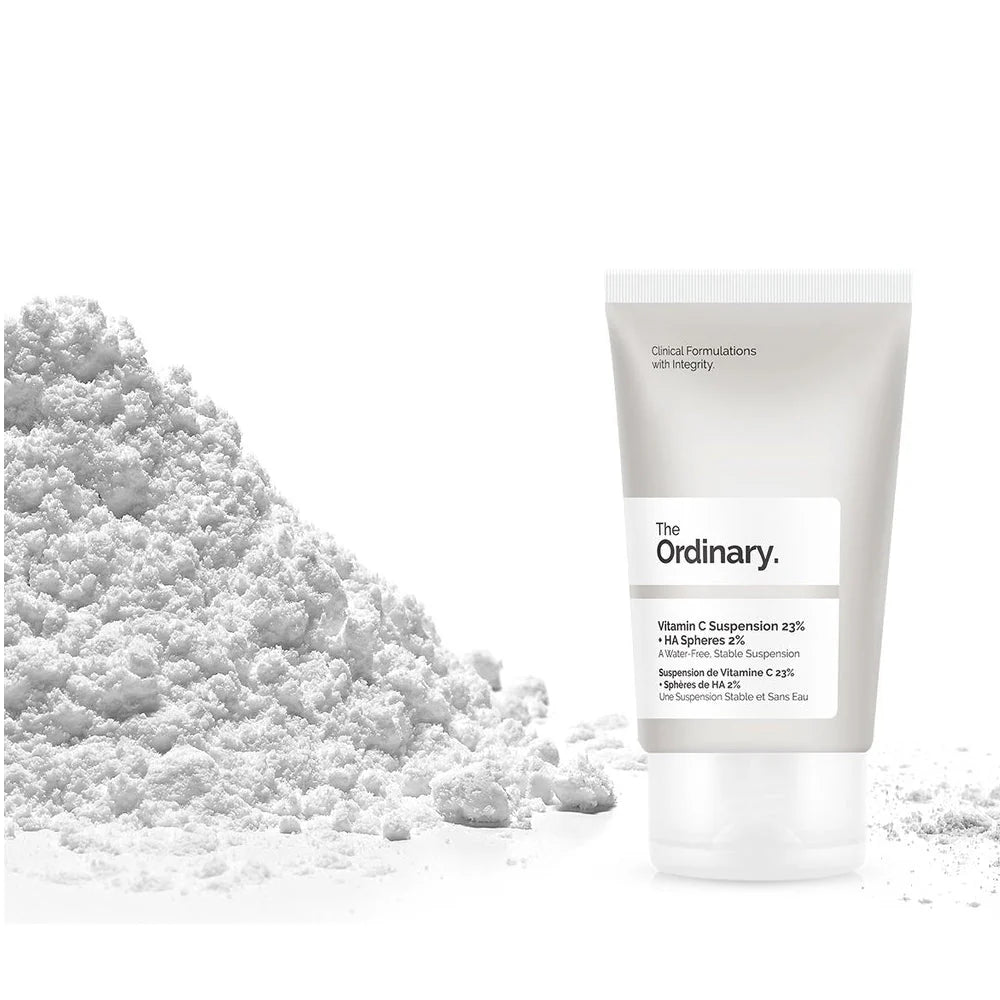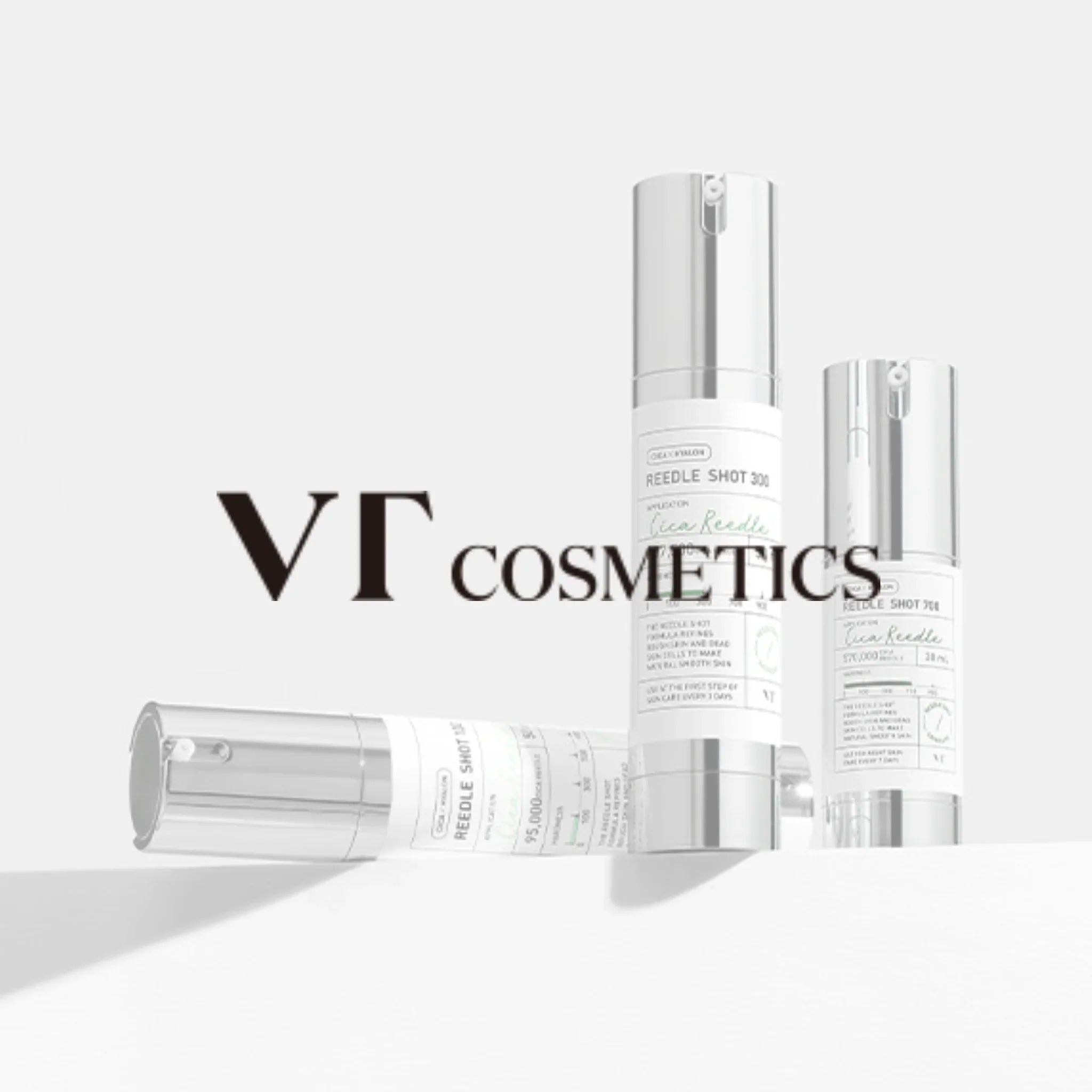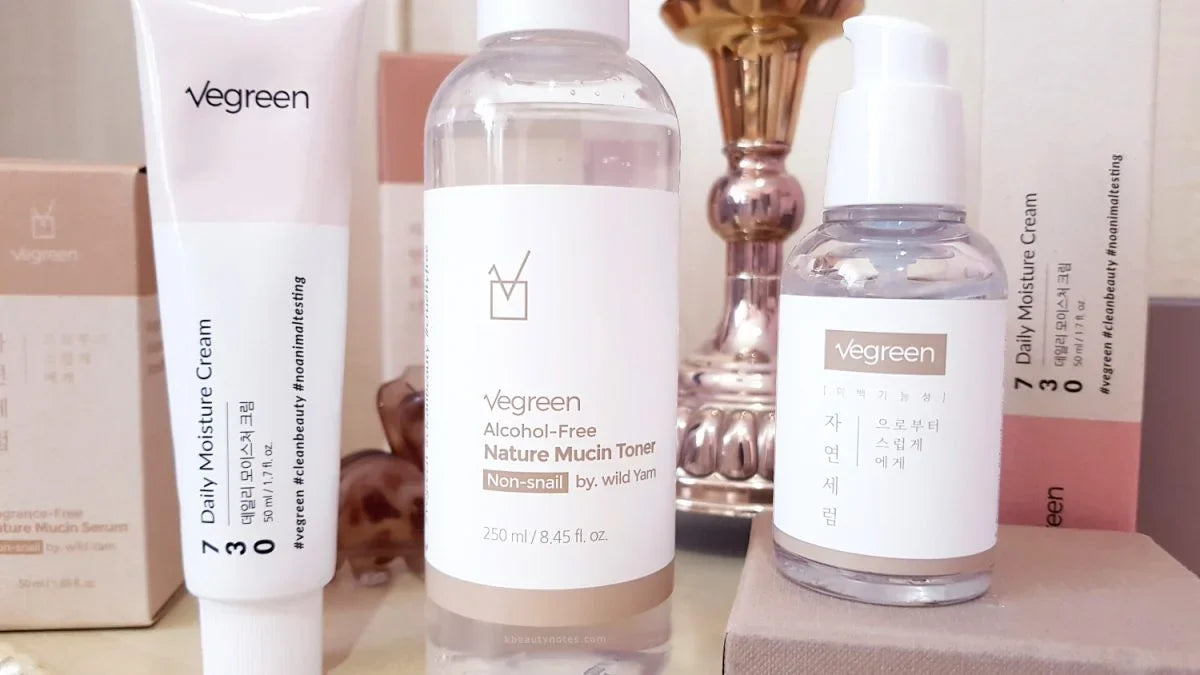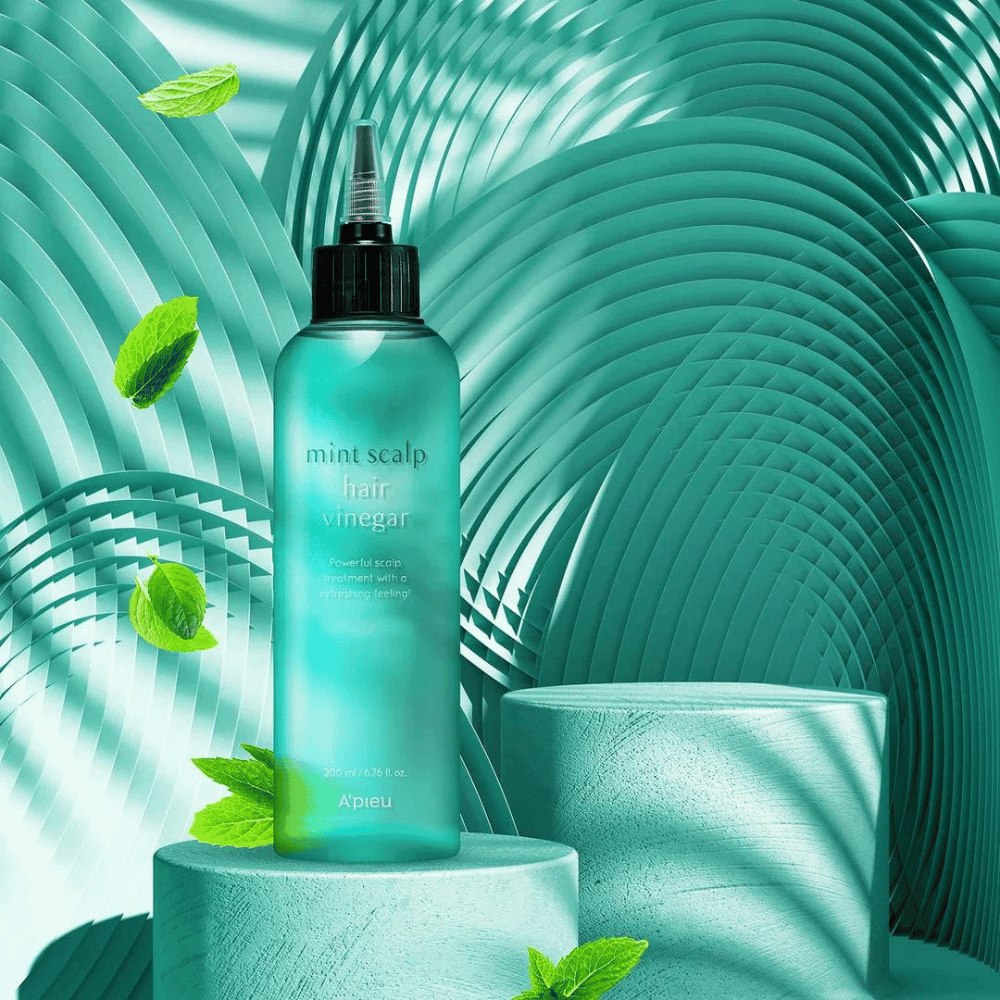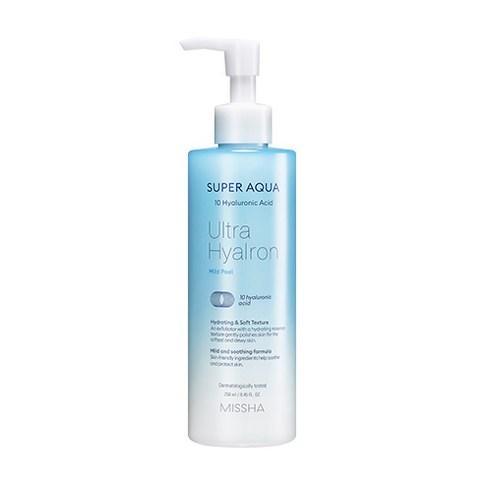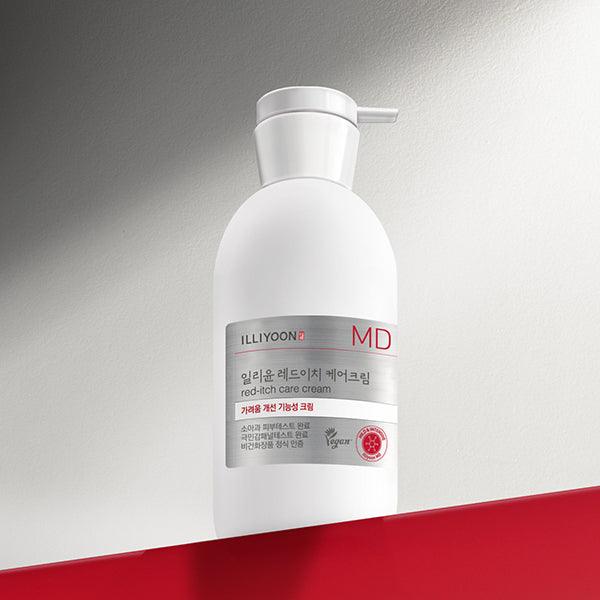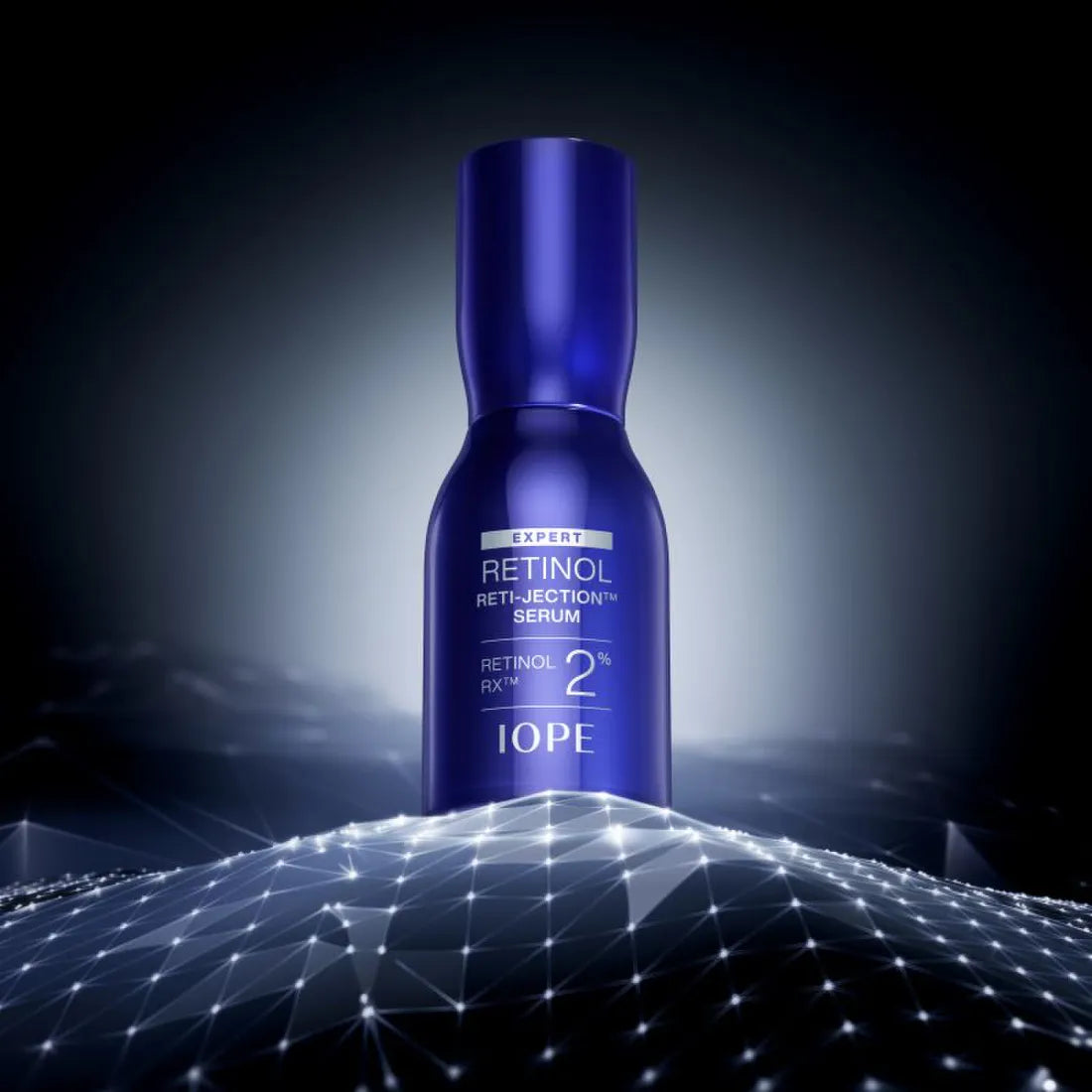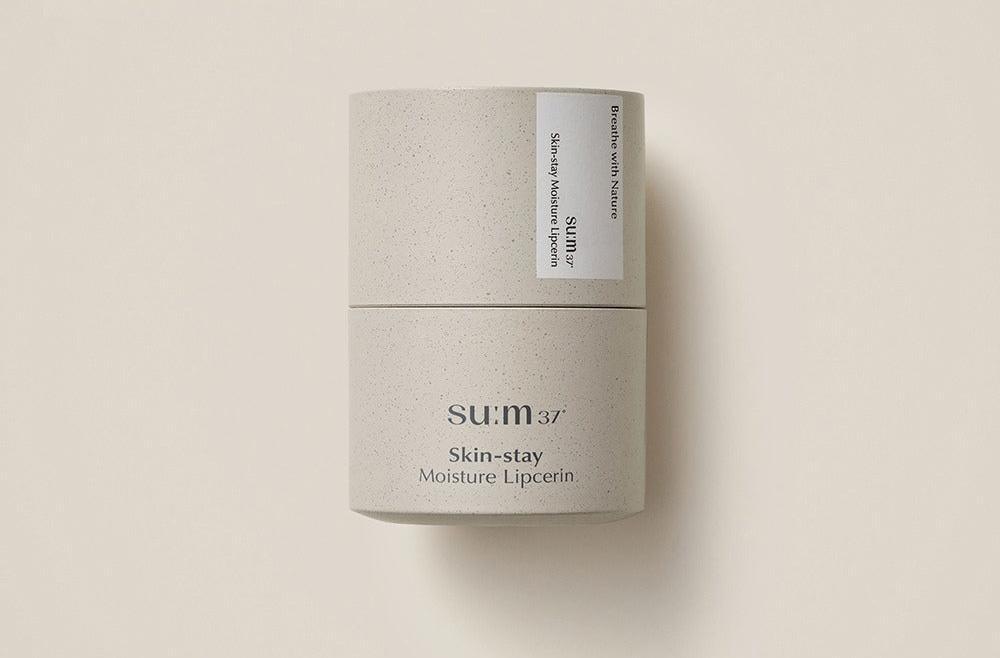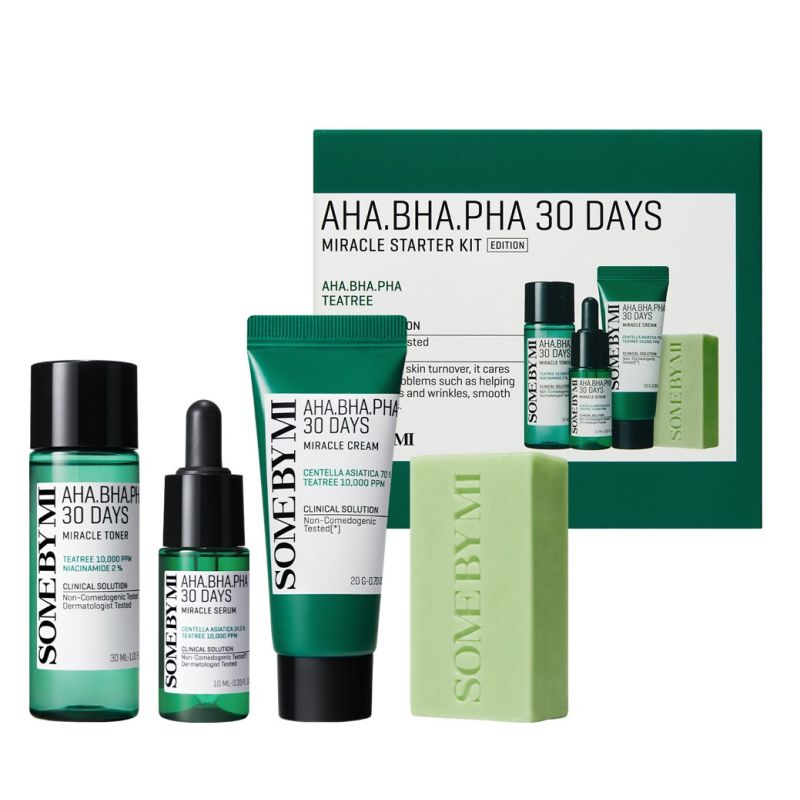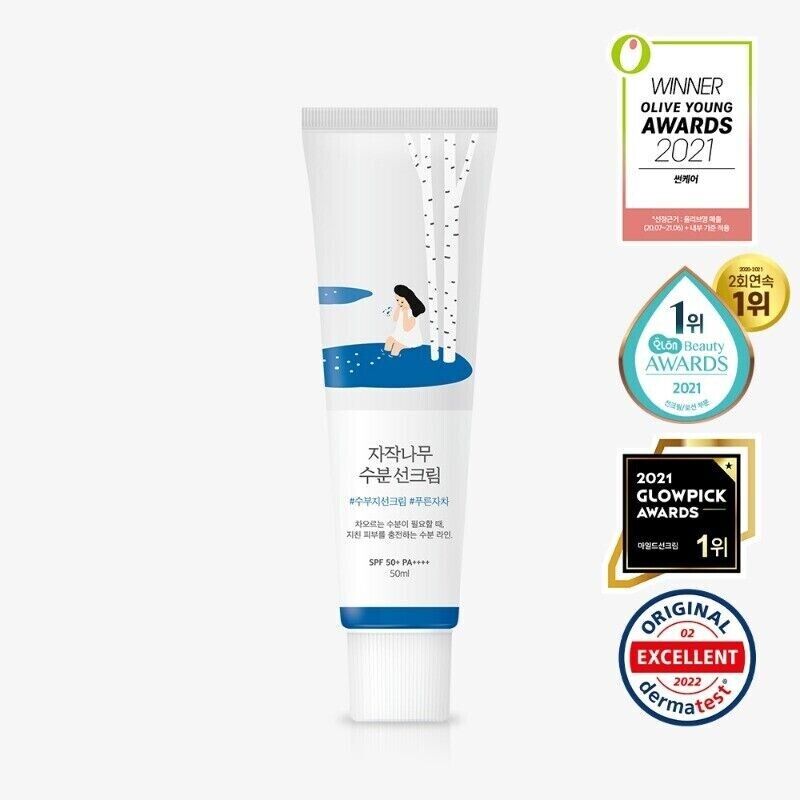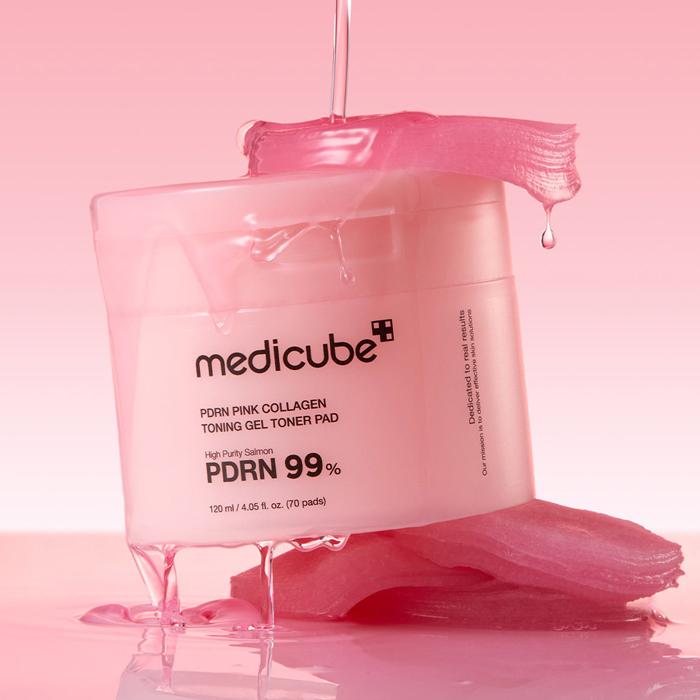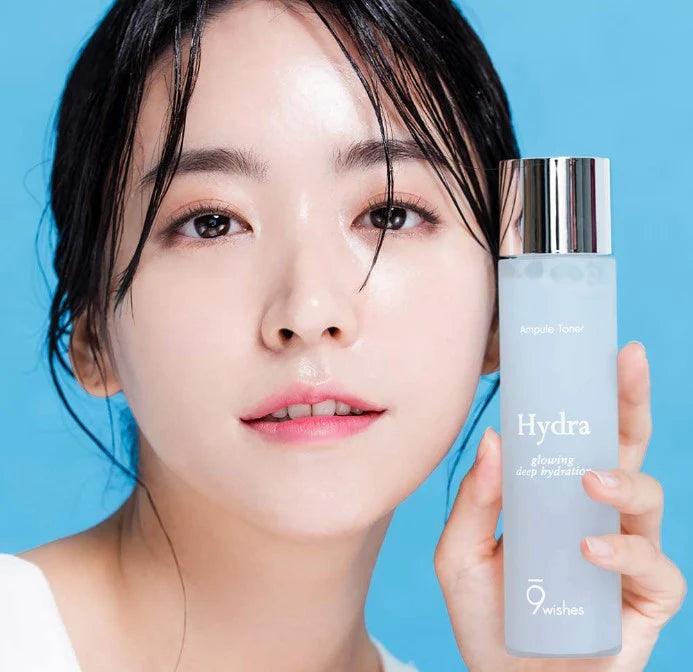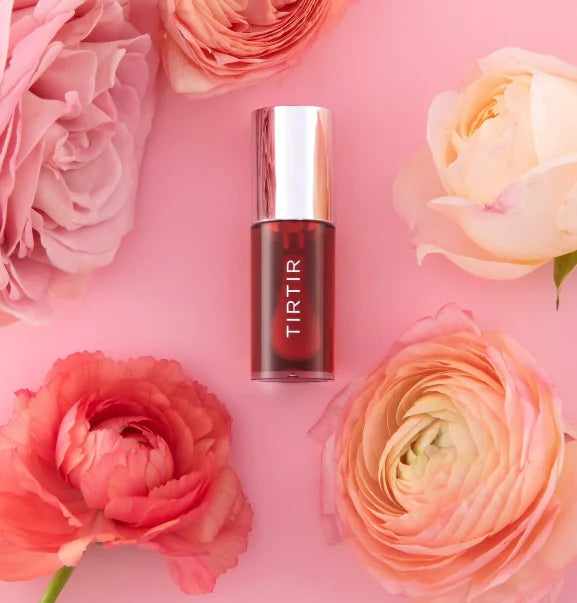"Retinol vs Glycolic Acid: What’s the Difference and Which Should You Use?"
With numerous skincare products claiming various benefits, choosing the right one for your needs can be overwhelming. Two of the most popular ingredients for anti-aging, acne treatment, and skin renewal are retinol and glycolic acid. What do they do? Which should you pick? Can they be used together? This article breaks it down.
What is Retinol?
Retinol, a potent derivative of vitamin A, is widely recognized as one of the most effective ingredients in skincare due to its proven benefits. As a member of the retinoid family, it’s known for its ability to accelerate skin cell turnover, stimulate collagen production, and enhance skin texture, making it a cornerstone of anti-aging and skin-rejuvenating treatments.
Retinol works by speeding up the process of shedding dead skin cells and promoting the production of new, healthy ones. This accelerated turnover smooths the skin’s surface, reducing the appearance of fine lines, wrinkles, and hyperpigmentation, such as sun spots or age spots. Additionally, retinol helps clear clogged pores, which aids in preventing and treating acne, making it a versatile treatment for a variety of skin concerns.
Beyond addressing visible signs of aging and acne, retinol boosts collagen production, improving skin firmness and elasticity for a more youthful, plump appearance. It’s often considered the gold standard for achieving smoother, more even-toned skin with a radiant complexion.
Despite its effectiveness, retinol can cause irritation, especially for sensitive skin types. It’s recommended to start with lower concentrations to minimize dryness, redness, or peeling. Additionally, because retinol increases sensitivity to the sun, applying broad-spectrum sunscreen is crucial when using it.
For best results, retinol should be used in the evening, as it can make the skin more prone to sun damage. With consistent use, retinol can significantly improve skin texture, tone, and overall appearance, making it a valuable addition to any skincare routine.

Retinol Products
What is Glycolic Acid?
Glycolic acid is an alpha hydroxy acid (AHA) derived from sugar cane that is widely used in skincare for its powerful exfoliating and rejuvenating properties. As one of the smallest AHAs, it penetrates the skin more effectively, making it an excellent ingredient for improving skin texture and tone. Glycolic acid works by dissolving the bonds between dead skin cells, facilitating their removal and promoting the turnover of new, fresh cells.
This exfoliating process helps to smooth the skin’s surface, reduce the appearance of fine lines and wrinkles, and improve overall skin radiance. Glycolic acid is also beneficial for addressing hyperpigmentation, such as dark spots and acne scars, as it helps to fade discoloration and even out skin tone over time. Additionally, it can aid in unclogging pores, preventing breakouts, and enhancing the absorption of other skincare ingredients.
While glycolic acid is effective in treating a variety of skin concerns, it can increase the skin's sensitivity to the sun. Therefore, it is recommended to use it in the evening and apply sunscreen daily when using products containing glycolic acid. When introduced gradually into a skincare routine, glycolic acid can lead to smoother, more luminous skin with a more even texture and tone.

Glycolic Acid Products
Retinol vs Glycolic Acid: Key Differences
In terms of properties and benefits, there is nothing like Glycolic acid versus retinol. Both have their own advantages. This section explores the difference between these two skincare ingredients.
Avenue |
Retinol |
Glycolic Acid |
|---|---|---|
Mechanism of Action |
Retinol accelerates cell turnover and boosts collagen production. Retinol works from inside the skin by stimulating the living skin cells. |
Glycolic acid is an exfoliator that sheds off dead skin cells. Glycolic acid sits on top and cleans out the superficial buildup. |
Skin Benefits |
Retinol tackles skin concerns like fine lines, wrinkles, firmness, and uneven skin tone by increasing cell turnover and collagen production from within. It also prevents and clears acne by keeping pores clear. |
Glycolic acid also improves signs of aging but focuses more on resurfacing or dealing with issues on the surface like pigmentation, dullness, texture irregularities, and fine lines. It does help with acne, but mainly by clearing dead cells and oil buildup. |
Best For: Different skin concerns and conditions |
Retinol is the preferred choice for people wanting to combat skin concerns with collagen boosting and cellular turnover actively. Mature skin would benefit the most from a retinol product. It is also perfect for oily and acne-prone skin types because it regulates oil production and keeps pores clear. |
Glycolic acid suits all skin types, including sensitive skin. Regular use will yield great results for those struggling with pigmentation, scarring, clogged pores, blackheads, and textural irregularities like fine lines. People focusing more on exfoliation and brightness would benefit from glycolic acid. |
Side Effects: Potential irritation and sensitivity |
Retinol can make the skin photosensitive. One should start slow with lower percentages. Buffer retinol with moisturizer or mix it with the night cream. |
Glycolic acid is best tolerated right after cleansing skin when it is more acidic. Retinol and glycolic acid can cause irritation, redness, peeling, and sensitivity as they speed up cellular processes. However, they affect the skin differently. One should always wear SPF with both and pay attention to signs of sensitivity. |





